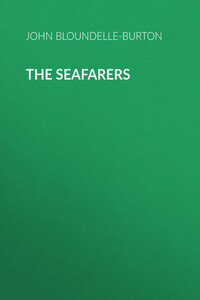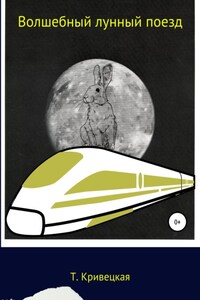Lifting aside the heavy tapestry that hung down in front of the window of the tourelle which formed an angle of the room-a window from which the Bastille might be seen frowning over the Quartier St. Antoine, a third of a mile away-the man shrugged his shoulders, uttered a peevish exclamation, and muttered, next:
"Snow! Snow! Snow! Always snow! Curse the snow!" Then he turned back into the room, letting the curtain fall behind him, and seated himself once more in a heavy fauteuil opposite the great fireplace, up the chimney of which the logs roared in a cheerful blaze.
"Hard winters, now," he muttered once more, still thinking of the weather outside; "always hard winters in Paris now. 'Twas so when I rode back here after the campaign in Spain was over. When I rode back," he repeated, "a year ago." He paused, reflecting; then continued:
"Ay, a year ago. Why! so it was. A year ago to-day. A year this very day. The last day of December. Ay, the bells were ringing from Notre Dame, St. Roch-the Tour St. Jacques. To welcome in the New Year. Almost, it seemed, judging by the events of the next few weeks, to welcome me to my inheritance. To my inheritance! Yet, how far off that inheritance seemed once! As far off as the love of those curs, my relatives, was then."
He let himself sink farther and farther into the deep recesses of the huge fauteuil as thus he mused, stretched out his long legs towards the fire, stretched out, too, a long arm and a long, slim brown hand towards where a flask of tokay stood, with a goblet by its side; poured out a draught and drank it down.
"A far-off love, then," he said again, "now near, and warm, and generous. Bah!"
Looking at the man as he lay stretched in the chair and revelling in the luxury and comfort by which he was surrounded, one might have thought there was some incongruity between him and those surroundings. The room-the furniture and hangings-the latter a pale blue, bordered with fawn-coloured lace-the dainty ornaments, the picture let in the wall above the chimney-piece, with others above the doorway and windows-did not match with the occupant. No more than it and they matched with a bundle of swords in one corner of it; swords of all kinds. One, a heavy, straight, cut-and-thrust weapon; another an English rapier with flamboyant blade and straight quillon; a third of the Colichemarde pattern; a fourth a viperish-looking spadroon; a fifth a German Flamberg with deadly grooved blade and long-curled quillons.
Surely a finished swordsman this, or a man who had been one!
Looking at him one might judge that he was so still-or could be so upon occasion.
His wig was off-it hung upon the edge of an old praying-chair that was pushed into a corner as though of no further use; certainly of none to the present occupant of this room-and his black-cropped hair, his small black moustache, which looked like a dab stuck on his upper lip-since it extended no further on either side of his face than beneath each nostril-added to his black eyes, gave him a saturnine expression, not to say a menacing one. For the rest, he was a thick-set, brawny man of perhaps five-and-forty, with a deeply-tanned complexion that looked as though it had been exposed to many a pitiless storm and many a fierce-beating sun; a complexion that, were it not for a whiteness beneath the eyes, which seemed to tell of late hours and too much wine, and other things that often enough go with wine and wassail, would have been a healthy one.
Also, it was to be noted that, in some way, his apparel scarcely seemed suited to him. The satin coat of russet brown; the deep waistcoat of white satin, flowered with red roses and pink daisies and little sprays of green leaves; the white knee-breeches also of satin, the gold-buckled shoes, matched not with the sturdy form and fierce face. Instead of this costume à la Régence one would have more expected to see the buff jerkin of a soldier, the brass spurs at the heels of long brown riding-boots, and, likewise, one of the great swords now reclining in the corner buckled close to his thigh. Or else to have seen the man sitting in some barrack guardroom with, beneath his feet, an uncarpeted floor, and, to his hand, a pint stoop, instead of finding him here in this highly-ornamented saloon.
"The plague seize me!" he exclaimed, using one of his favourite oaths, "but there is no going out to-night. Nor any likelihood of anyone coming in. I cannot go forth to gaze upon my adorable Laure; neither Morlaix nor Sainte Foix are likely to get here."
And, after glancing out at the fast falling snow, he abandoned himself once more to his reflections. Though, now, those reflections were aided by the perusal of a packet of letters which he drew forth from an escritoire standing by the side of the fireplace. A bundle of letters all written in a woman's hand.
He knew them well enough-by heart almost; he had read them over and over again in the past year; it was perhaps, therefore, because of this that he now glanced at them as they came to his hand; it happening, consequently, that the one he had commenced to peruse was the last he had received.














